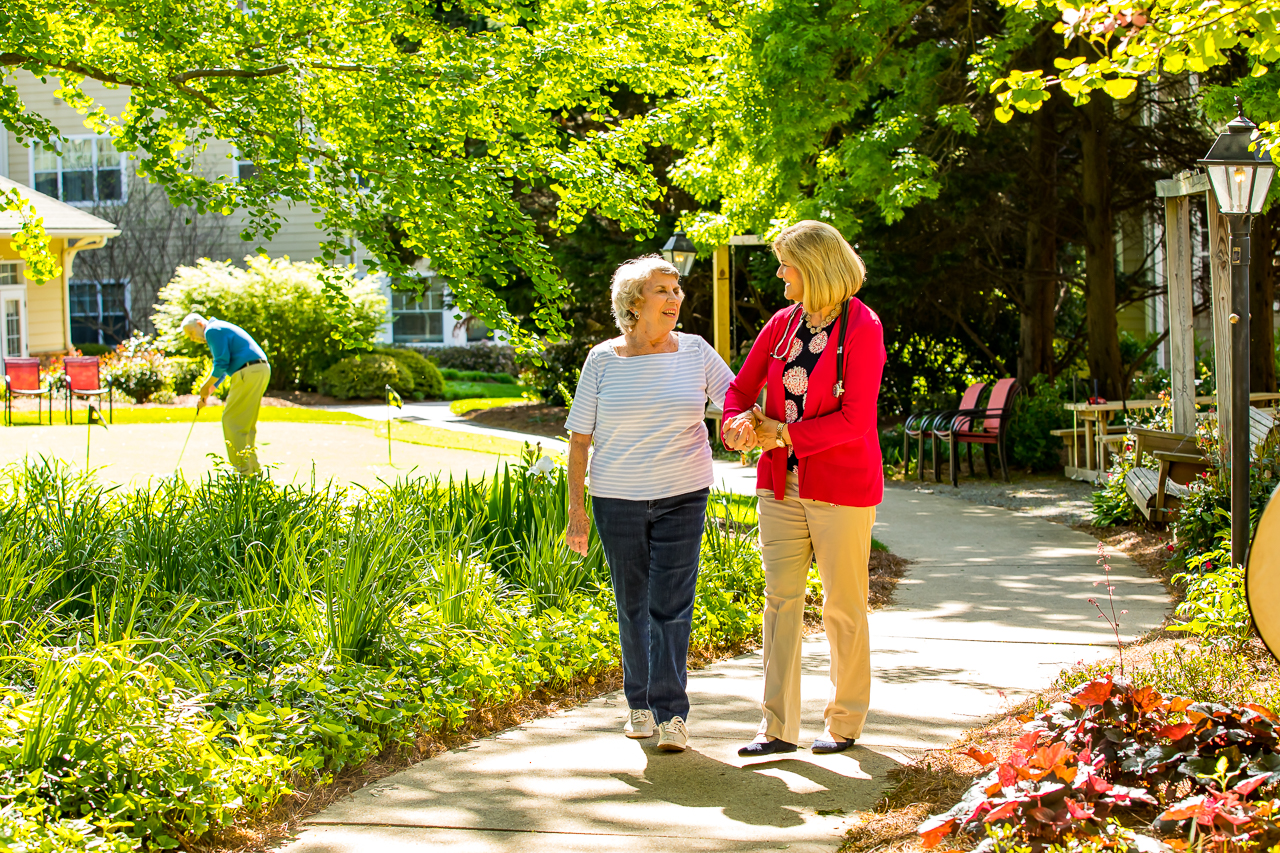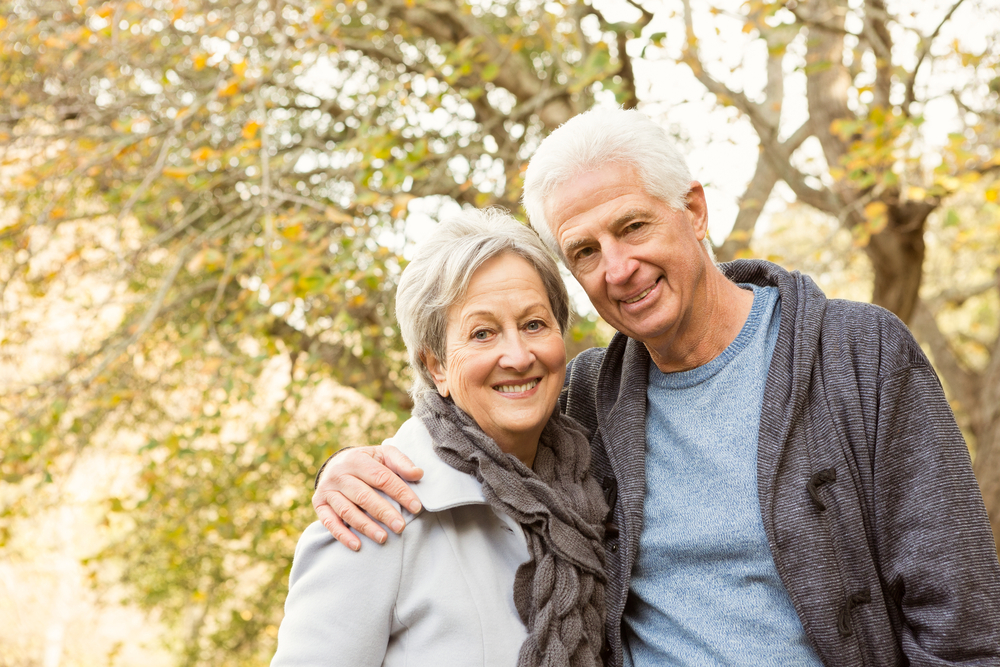Elderly must protect themselves from heat
BY MICHELE TASSIN, MHA, BSRC
For all of us, it is important to prevent heat injury, but as with many things, the elderly are more susceptible because of chronic diseases and use of some medications. So, with temperatures in the nineties and heat index surpassing one hundred, please care for yourself or loved one by adhering to the following guidelines:
Drink plenty of water. Avoid alcohol and caffeine; they cause fluid loss.
Drink sports drinks or fruit juices to replace salt and minerals lost through sweating. (Unless otherwise advised by your physician)
Be aware of your environment and take advantage of shade and use air conditioning and fans if you have them.
If possible, avoid being outside when temperatures exceed 90 degrees.
If you must be outside, take frequent breaks and wear loose, lightweight fabrics.
If you know of an elderly person who lives alone, check on them routinely to ensure that they are safe and comfortable.
If an elderly person does not have access to air conditioning, consider adult day care or respite care in an assisted living facility throughout the summer months.
Serious heat illness may occur when the body is not able to cool itself. Two of the most serious heat-related illnesses are Heat Exhaustion and Heat Stroke. The symptoms for Heat Exhaustion are:
Heavy sweating Muscle cramps Weakness Headache Nausea and vomiting Dizziness Fatigue
Fainting
When Heat Exhaustion is not treated, it may advance to Heat Stroke. The Symptoms for Heat Stroke are:
Dizziness Headache Hot, dry skin High temperature Rapid heart rate / pulse
Mood changes
Should you or someone you know experience signs and symptoms of Heat Exhaustion or Heat Stroke, move the person to a cool area and avoid additional exposure to heat. Immediately, contact your nearest health care provider or call 911.




